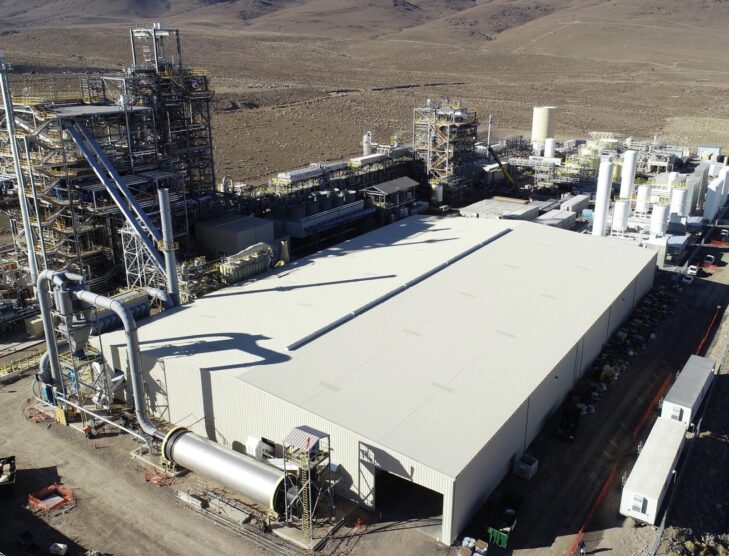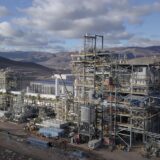
SK Inc. invests in Fulcrum to explore biofuel opportunities
SK Inc., the strategic investment arm of South Korea’s SK Group, announced that it was part of a USD50 million investment in Fulcrum BioEnergy Inc., a U.S.-based waste-to-fuels company. SK Inc. was joined in the investment by a Korean private equity fund.
Fulcrum BioEnergy is the first company in the U.S. to produce biofuels on a commercial scale by chemically converting municipal solid waste (MSW) into transportation fuels. SK Inc. plans to enhance its Environmental, Social and Governance (ESG) portfolio with its investment in Fulcrum BioEnergy Inc.
“Fulcrum’s novel process of biofuel production can make a meaningful contribution to tackling environmental challenges by significantly reducing GHG emissions and addressing landfill capacity shortages,” said Moohwan Kim, executive vice president of SK Inc. “Leveraging Fulcrum’s innovative process, SK Inc. will explorer further opportunities with one of its affiliates, SK Ecoplant, which has transformed into an environmental and energy solution provider, to identify opportunities in the domestic market and at the same time expand its presence in the global waste-to-fuel and bioenergy markets.”
SK Inc. has been expanding investments in green businesses and technologies to achieve its goal of net-zero greenhouse gas emissions in response to global climate change. Leveraging Fulcrum’s proprietary process which utilizes proven technologies and capabilities on a commercial scale, SK Inc. aims to make inroads into the Korean bioenergy market with SK Ecoplant, another SK group company, as a potential partner. SK Ecoplant is a global engineering and construction firm that has placed a priority on environmentally friendly energy and infrastructure projects.
Founded in Pleasanton, California, U.S.A., in 2007, Fulcrum has developed a proprietary process to convert the organic materials found in municipal solid waste to low-carbon drop-in fuels, which can be distributed in the same pipelines as traditional petroleum products. Fulcrum BioEnergy’s bio jet fuel was approved and certified as an alternative drop in fuel for the aviation sector. The company completed the construction of the world’s first commercial-scale MSW-based biofuels refinery in the U.S. state of Nevada in July 2021.
Starting in 2022, Fulcrum’s Nevada plant is set to begin producing approximately 11 million gallons of syncrude annually, which will then be upgraded to transportation fuels such as sustainable aviation fuel (SAF). Fulcrum anticipates increased production, as the firm has secured a consistent supply of MSW feedstock through long-term agreements with major waste services companies in the U.S. and has secured offtake agreements with major energy companies and airline companies.
Fulcrum BioEnergy has a patented process from feed engineering to biofuel production in the U.S., and its biofuel has been certified under California’s Low Carbon Fuels Standard (LCFS), which was implemented to reduce the carbon intensity of transport fuel.
Fulcrum’s business model helps address environmental challenges by reducing greenhouse gas (GHG) emissions and landfill waste. Its technology diverts large volumes of MSW from local landfills, helping reduce methane gas generated by waste decomposition.
The International Energy Agency (IEA) estimates global biofuel production in 2020 at 38 billion gallons, with the U.S. accounting for 45% of global biofuel production based on data from the U.S. Energy Information Administration (EIA). Even with the proliferation of electric vehicles (EVs), biofuel is likely to continue solid growth, driven by robust demand from conventional internal combustion engine (ICE) vehicles and jet fuel.
.jpg)








